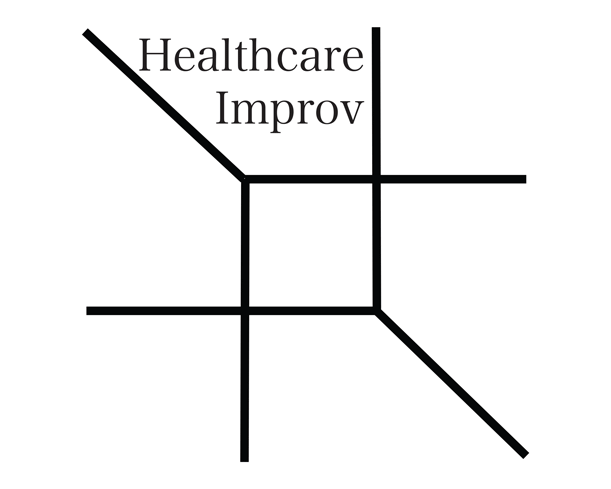Tiny changes
Well, I have written words down for 4 straight days now. I think about these ideas almost all day anyway, so this has been fun. All it takes is just the smallest of signs from the Universe that I should continue to develop a habit of writing about healthcare and improv. Some people have been kind enough to supply that. If you think you are one of those people, you are. It is a very improv thing to do by supporting people in that way and makes me want to ensure that I am being very deliberate about supporting people putting their work out there. Those tiny (but feel big) gifts keep the whole thing moving
Briefly, I will share two of the central tenants that I hold regarding why practicing improv is beneficial to being a healthcare provider. One is that we don’t get the life we want by accident or just by hoping it to be so. The other is that the big decisions are usually not as important as how we approach the multiple smaller decisions each day and attend to those decisions’ compound effects. Combining those two ideas have been essential to drawing meaning from my improv experiences. The act of practicing empathy on stage with your scene partner because you have to in order to figure out what the scene is about may make you more likely to show empathy to and understand a family member. Then you may show more empathy to your co-worker. Then you may show more empathy to a stranger who seems nice. Then you may show more empathy to a person who you are unsure about. Then you may show empathy to a person who has no interest in being empathetic to you. This last example is when empathy is the hardest to practice for me but has provided the largest examples of bending the world in a positive direction by how I communicate. As a result of this cascade of decisions to be empathetic, I can be a more empathetic person. And to think this all came about because I had to figure out what a human college student would do as an intern at an Elvin workshop
Today at my work, I am post call, which means the residents saw patients all day yesterday and through the night. Then I came in this morning, and we talked about the patients. Most of my education on patient care tends to be focused on how the learners organize the large amounts of information for each patient. I force them to talk not just about what they think the patient’s condition is, but what other conditions could the patient have. I force them to be empathetic to a different possibility. This is a fairly common practice for people in my role (I think) but it can be a bit much when the learner has had limited sleep and been working very hard. This is the case despite my best efforts to be extremely gentle and supportive mixed with acknowledgement of how hard they are working. I maintain that just like the discomfort felt stepping out into the unknown on stage, it is essential to grow. Even if the patient has a simple diagnosis, figuring out what makes it a simple diagnosis over other less likely diagnoses will help our team care for the patient who doesn’t have a simple diagnosis that will inevitably be coming in later this month. Improv has helped me form systems of thinking to develop these big skills. I don’t become the clinician I want to be, caring for complex patients, on accident or because I hope it happens. I am not going to be empathetic to that patient who keeps yelling at me because they are afraid and needs comfort unless I have practiced curiosity in learning people’s stories. It starts with making the tiny changes improv has forced on me

